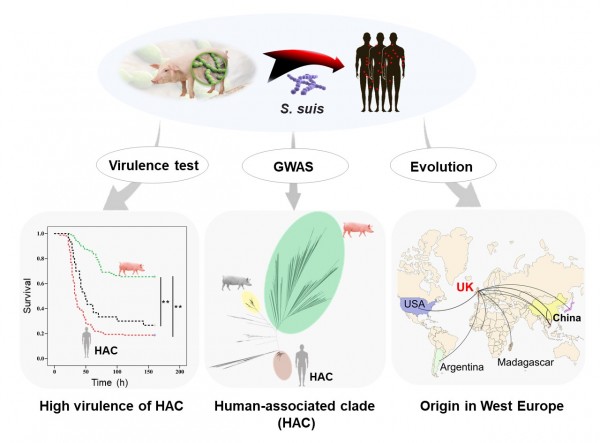分享到
The global emergence of a novel Streptococcus suis clade associated with human infections
2021
期刊
EMBO Molecular Medicine
作者
Xingxing Dong
· Yanjie Chao
· Yang Zhou
· Rui Zhou
· Wei Zhang
· Vincent A. Fischetti
· Xiaohong Wang
· Ye Feng
· Jinquan Li*

- 页码 e13810
- EMBO Press
- DOI: 10.15252/emmm.202013810



